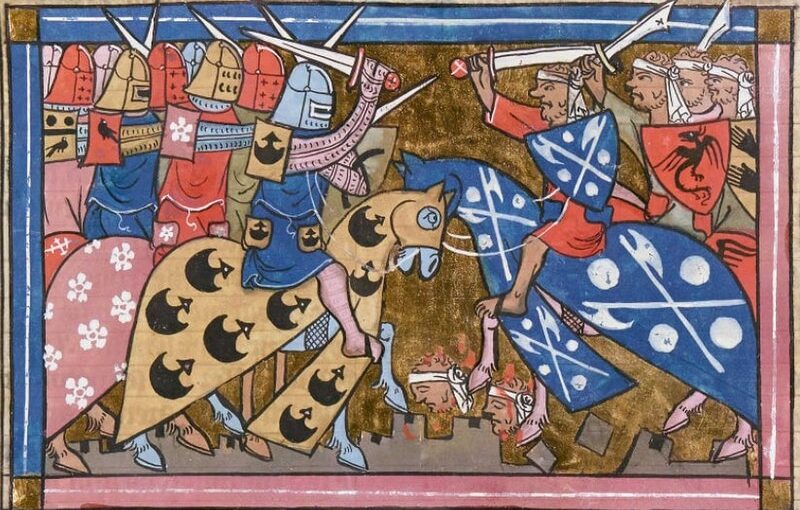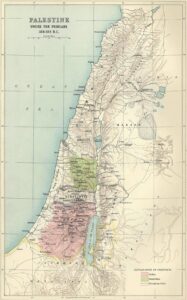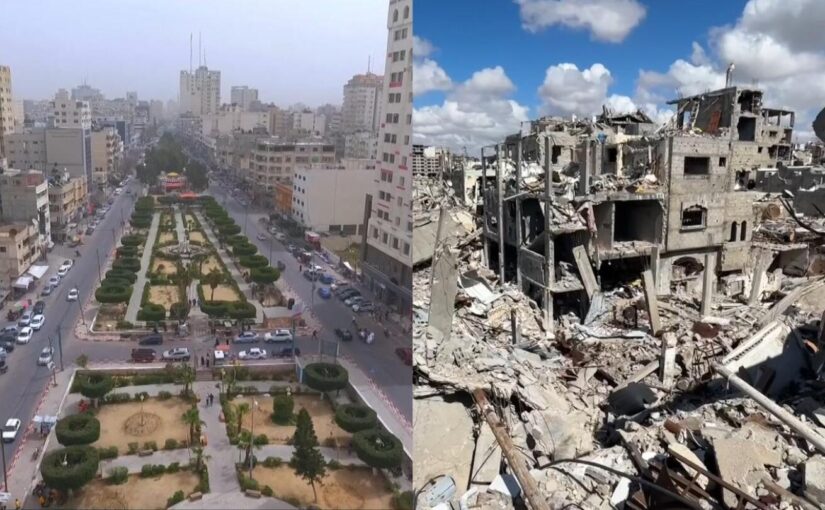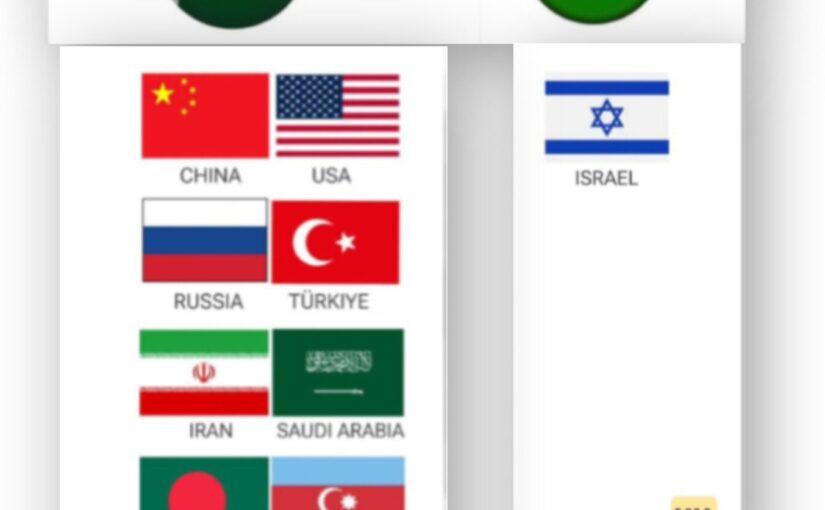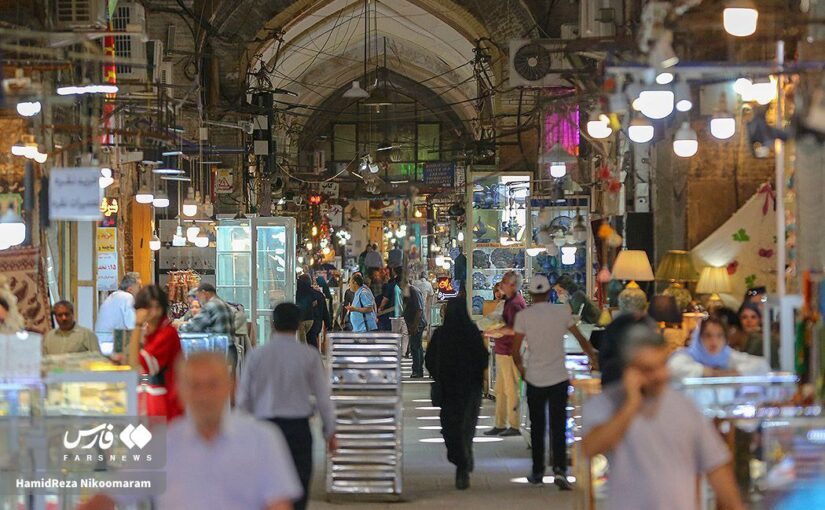This excerpts of the above titled article. Full article at
https://www.nakedcapitalism.com/2025/06/satyajit-das-middle-east-trajectories-implications-for-the-region-and-energy-markets.html
A little intro
When I first got hired to a small Wall Street startup I had low opinion of Traders and the like. Had to change my mind in a month or two. It was impressive to see how successful Traders could reduce different information from politics to medicine into one common Denominator: MONEY. This was the holy grail that Enron was pursuing, to have different markets, eg Water and Weather Futures to Credit Defauls Swaps all in one Porrfolio and integrated Pricing and Risk Management. Got wined and dined by Enron but was woefully lacking in knowledge.
Anyway was never interested in Finance etc, so was somewhat clueless. The Traders gave me a grounding, but to get a more formal background worked my way thru about 30% of Risk Management and Financial Derivatives: A Guide to the Mathematics by Satyajit Das. Been impressed by him ever since. So when he writes I read very carefully
Later was very disillusioned, Wall Street as it was full of schemes to scam the middle classes and poor out of their money directly or indirectly. The best example being Sub Prime Mortgages which led to Financial Crash in 2008 (Quite hypocritical of me because I made some decent moolah as well, even though a very small minion)
——————-
Some excerpts
Complacent financial markets and policymakers are playing out a theatre of the absurd based on little detail and propaganda– as the old trope states truth is the first casualty of war.
Caution is warranted. There is no certainty that Iran’s nuclear capabilities have been destroyed or significantly degraded. The fate of Iran’s highly enriched Uranium is unknown. Iran, which has extensive nuclear expertise despite the targeted killings of its scientists, has not indicated abandonment of its programs.
In effect, Iran is being forced to choose between becoming Libya (where Colonel Gaddafi gave up his nuclear ambition and was removed then murdered) or North Korea.
Its campaign against the abandoned Palestinians and attacks on Lebanon and Syria have not ceased. The Iranian action was in part to distract the world’s attention from its continuing genocidal atrocities. These will come back into focus.
Despite its undoubted military capabilities, the Islamic Republic will have noted that the Jewish state is not invulnerable to its missiles and needed extensive US support and intervention in the “12-day war”.
Oil Matters
Western focus on the Middle East is because of Israel, to expiate its own Holocaust guilt, and energy
Currently the world consumes around 100 million barrels of oil daily (around 50 percent for transport and 20 percent for petrochemicals). While energy intensity (usually measured as the tonnes of oil needed to create $1,000 of GDP) has declined from 0.12 in 1975 to 0.05 in 2022, no significant decline in demand is forecast due to limited alternatives for heavy transportation and as a chemical feedstock. Natural gas is around 23 percent of the world’s total energy consumption and provides a quarter of global electricity.
Saudi Arabia’s objectives remain unchanged: generate revenue at necessary levels, maintain its market share as low prices make US shale oil and gas uncompetitive and accelerate use of a potentially stranded resource.
The ruling dynasties can be displaced at the whim of the West. Given the volatile foreign policies of the US and its allies including their short-lived and disastrous backing of the ill-fated Arab Spring, this possibility is non-trivial. As Hosni Mubarak discovered, US support for its ‘allies’ exists until it doesn’t. Subsequently, the Muslim Brotherhood found that Western belief in democracy was highly selective.
In a curious twist which would have been unwelcome in Israel, following the announcement of the ceasefire, President Trump announced that China would be allowed to buy oil from Iran, reversing a policy of sanctioning Chinese refineries for these purchases.
While they may not acknowledge the reality, failure to act strategically now undermines the ruling dynasties of the Gulf states and Jordan. They become little more than rich puppets who serve their American, Israeli and allied masters and whose policies are chosen for them. Their standing and wealth is dependent on a dwindling finite resource with an uncertain future.
For many, MAGA has morphed into MIGA – Make Israel Great Again. The US appears to have been coerced into intervening on behalf of the Jewish state. One X denizen tweeted that “America so deindustrialized we don’t even manufacture our own consent”.
Conflict, most worthwhile military strategists agree, is like opening a door into a dark room where no one knows what is hidden in the darkness. The only certainty is that a new most likely tragic and violent chapter in the history of the region is under way.
The US, Israel and its allies would do well to remember Thucydides’ Melian Dialogue which records Athens’ conquest of Melos. The Melians unsuccessfully resisted suffering horrific losses. Athens believed that “the strong do what they can and the weak suffer what they must”. They believed that they could act with impunity because their power was complete. Less than three years later Athens suffered a military disaster in Sicily from which they never recovered.

